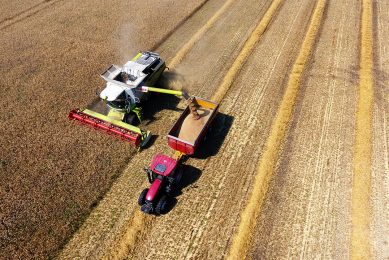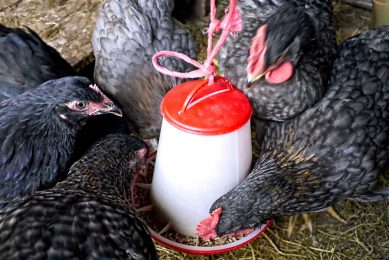New Hope Group leader calls for opening corn trade in China

China should redefine its grains security policy to fully liberalise the corn trade, Liu Yonghao, founder of New Hope Group, the country’s largest private agricultural business said.
China currently maintains a quota system over grains imports in an attempt to grow almost all of its grains domestically. But as meat consumption rises, feed companies are increasingly chafing against the restrictions as they require more corn for feed.
"Why can’t China distinguish between grains for people and feed grains, and liberalise the market for feed grains?" Liu Yonghao, head of the New Hope Group, asked a press conference.
"China should allow imports and exports, and encourage more feed and meat production here. Why are such tight corn controls needed? If we liberalise corn, import when needed and export when needed, it would greatly benefit the agricultural sector."
New Hope is the largest consumer of corn in China. Last year, it processed almost 16 million tonnes of corn into feed.
China gave up trying to grow all of its soybean consumption over a decade ago. It now imports about two-thirds the soybeans it needs for cooking oil and feed.
Food security policy
Policymakers still insist on a target of growing at home about 95% of the country’s consumption of other grains, as a matter of national security.
Policymakers still insist on a target of growing at home about 95% of the country’s consumption of other grains, as a matter of national security.
Some Chinese experts are increasingly arguing that growing grains which require a lot of land and water is less efficient than importing them. They also said it would be better to invest more in labour-intensive processing industries than farming.
"China can continue to control the trade in grains for people but should fully open the import of feed grains," Liu said.
Liu said importing grains would allow China to create more jobs and tax revenues from the meat industry, compared to its current practice of allowing rising imports of meat, poultry and fish.











